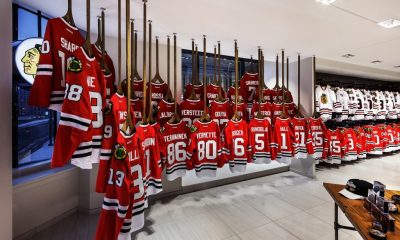I once issued a moratorium, in this space, on mentioning Wal-Mart again for a while.
Empty promise.
How can you talk about retailing without discussing what the world's biggest company is up to? Wal-Mart is news. Its monthly, quarterly and annual financial reports are savored, deconstructed and analyzed.
Every court case, zoning board battle, union uproar, community resolution and traffic issue is dutifully reported.
The latest Wal-Mart news is that it will soon be adding tons of hard liquor to its shelves. It has entered into an agreement with London-based Diageo PLC, the world's largest producer of alcoholic drinks. (Think Guinness Stout, Harp Lager, Johnnie Walker Scotch, Tanqueray gin, Smirnoff vodka, Captain Morgan rum, Crown Royal whiskey.)
Advertisement
Booze? Isn't this the same Wal-Mart that forbids alcohol consumption on company property and at company events? That won't reimburse company executives for alcoholic drinks on expense accounts? That bans risque magazines, R-rated videotapes and controversial music CDs from its shelves? That prohibits alcohol ads in its monthly circulars?
The company that has gone head to head with stubborn zoning boards and powerful labor unions might find its toughest struggles ahead of it, trying to confront Mothers Against Drunk Driving or state liquor authorities.
But recently, Wal-Mart has also had to confront slipping same-store sales growth and generally unimpressive profitability. And Wal-Mart has never been known to run away from the opportunity to improve its business. Even at an Everyday Low Price, hard liquor carries a large profit margin.
In fact, Wal-Mart has sold beer and wine, as well as limited amounts of hard liquor, for years. Alcohol sales accounted for about $1 billion of the company's $285 billion in sales for its last fiscal year. Wal-Mart executives have privately said the retailer aims to quintuple alcohol sales in the next five years.
According to an article in The Wall Street Journal, “Wal-Mart is likely to shake up the booze business with its low prices, carefully chosen products, big displays and fast deliveries. The push is changing how Wal-Mart lays out some stores and influencing where it builds some new ones.”
“We're putting hard liquor in our stores where we can,” John Westling, Wal-Mart's senior vp for nonperishable food, told The Journal. “This is an area where we are focused on growing sales.”
Advertisement
Wal-Mart is no naïf, of course. While Bentonville, Ark., is in a dry county, Wal-Mart opened a store in Pineville, Mo., just 10 miles across the state line, with a 5000-square-foot liquor department. And, ominously, it generated the kind of tremors Wal-Mart stockholders love and social engineers hate. The new store sells 750-milliliter bottles of Johnnie Walker Black Label for less than $29. By contrast, a nearby independent liquor store was recently selling the same size bottle for about $35. How long before another bunch of small independents bites the dust?
“Look what they've done to other categories – independent pharmacies, optical shops,” Tom Williams, owner of a liquor store in Waltham, Mass., told The Journal, leaving out toy stores, corner jewelers and sporting goods stores. “They've crushed them.”
Like ice in a frozen margarita.
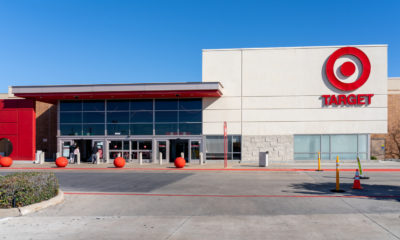
 Headlines1 week ago
Headlines1 week ago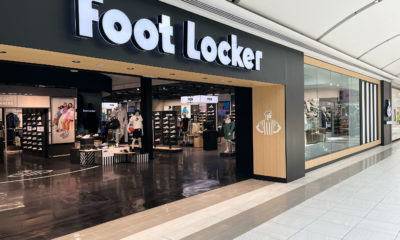
 Headlines1 week ago
Headlines1 week ago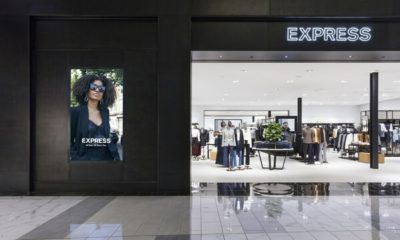
 Headlines1 week ago
Headlines1 week ago
 Designer Dozen2 weeks ago
Designer Dozen2 weeks ago
 Headlines6 days ago
Headlines6 days ago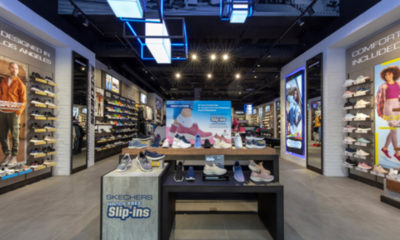
 Headlines3 days ago
Headlines3 days ago
 Designer Dozen1 week ago
Designer Dozen1 week ago




